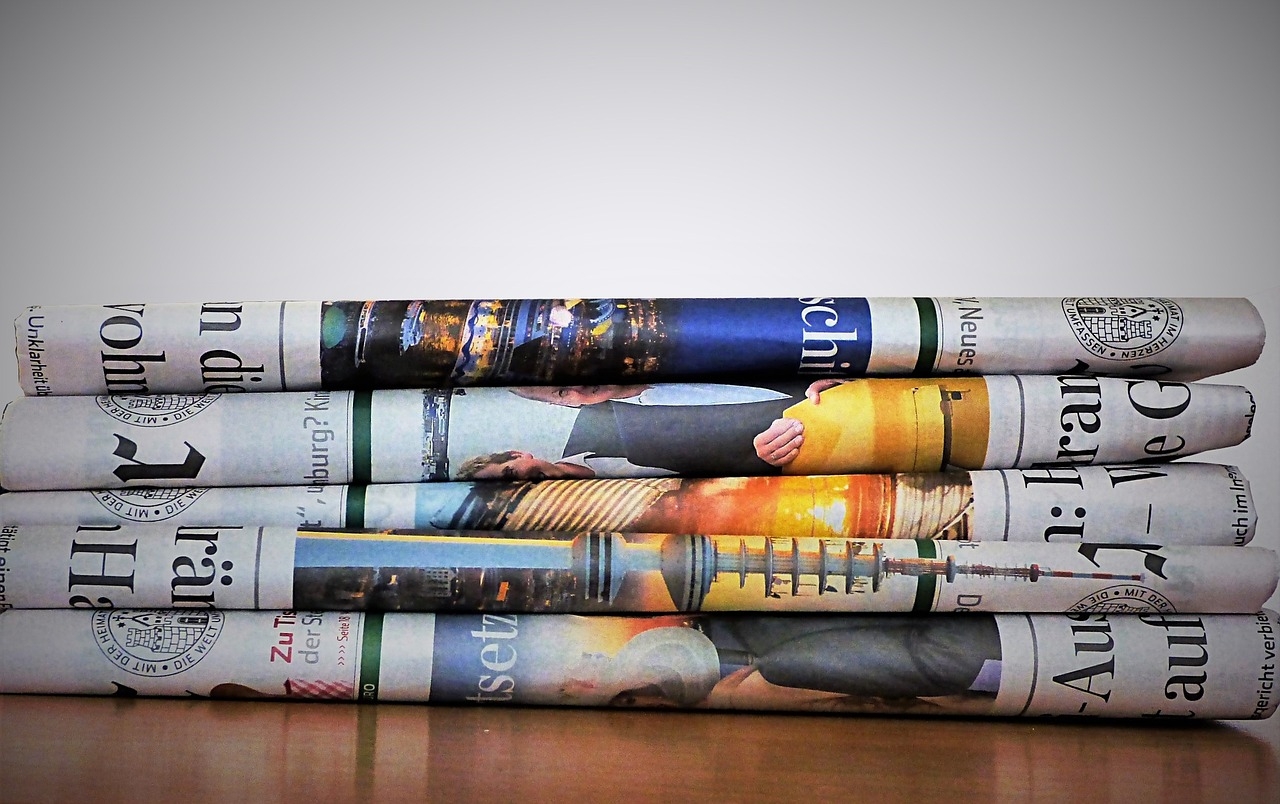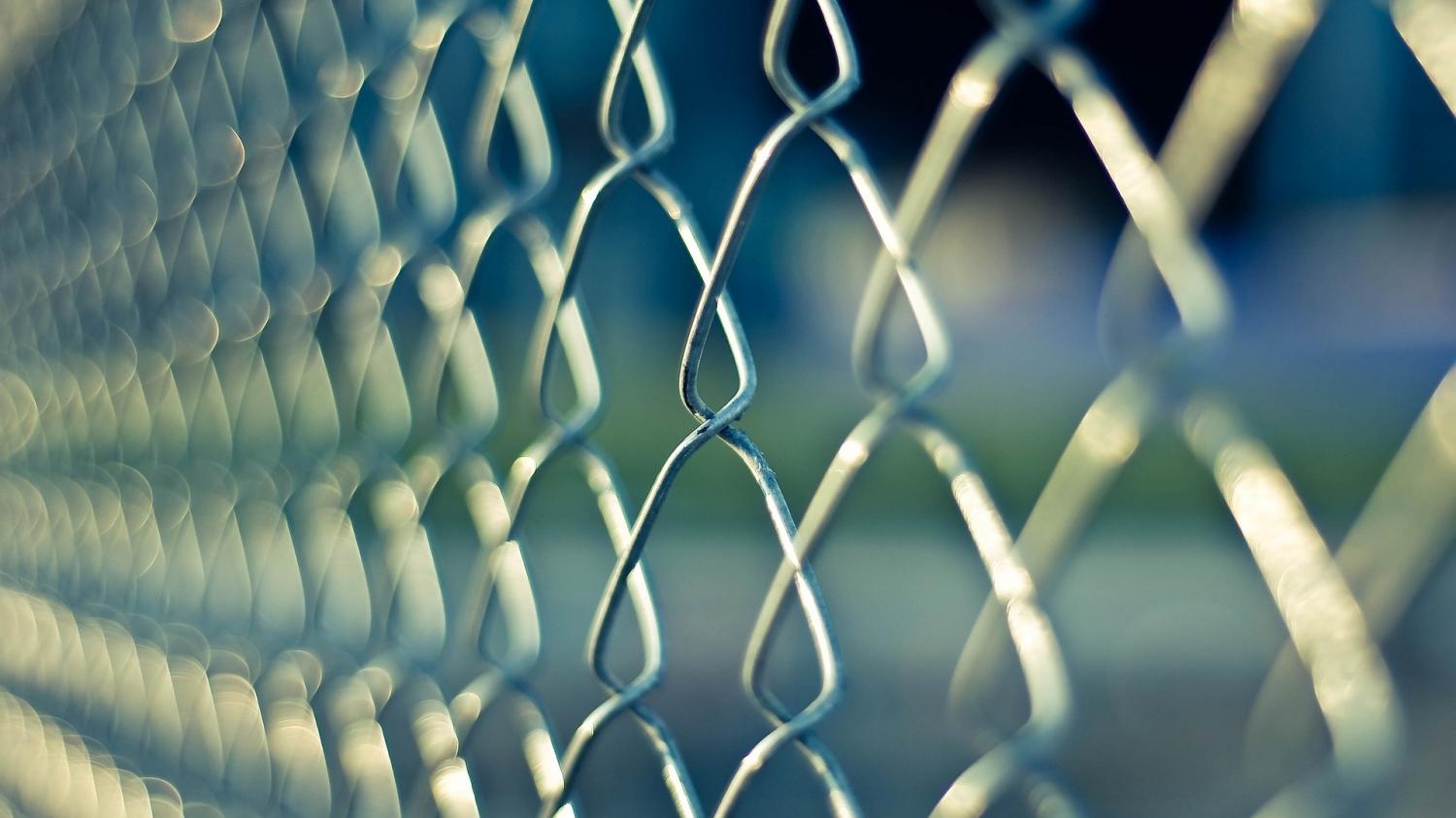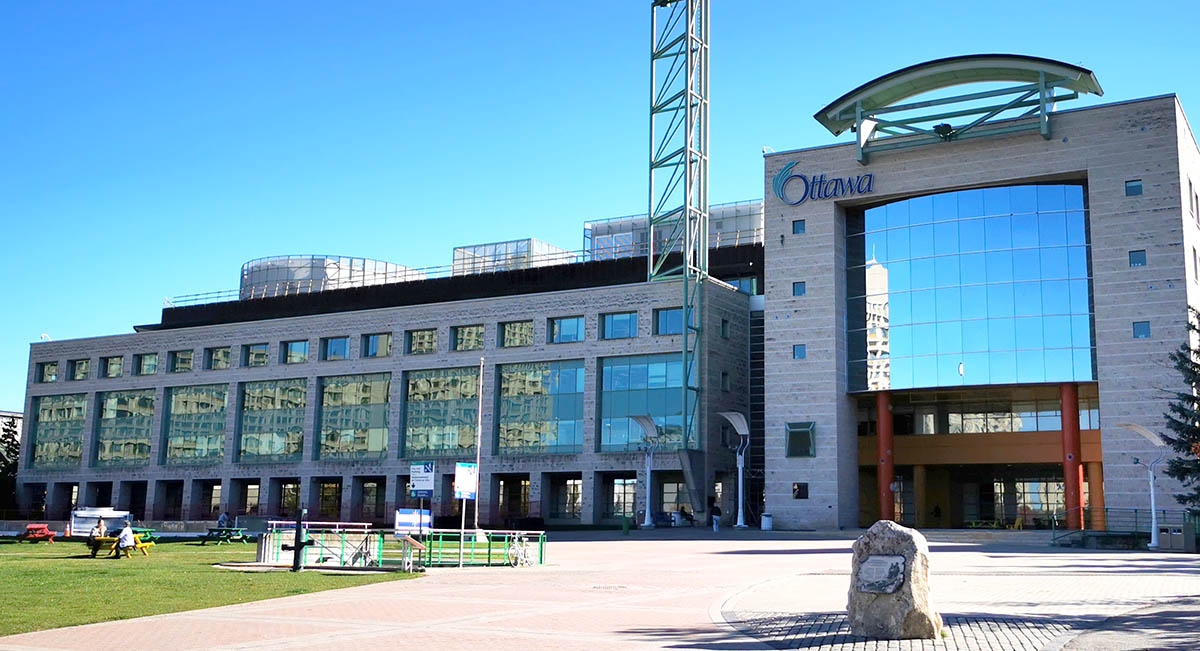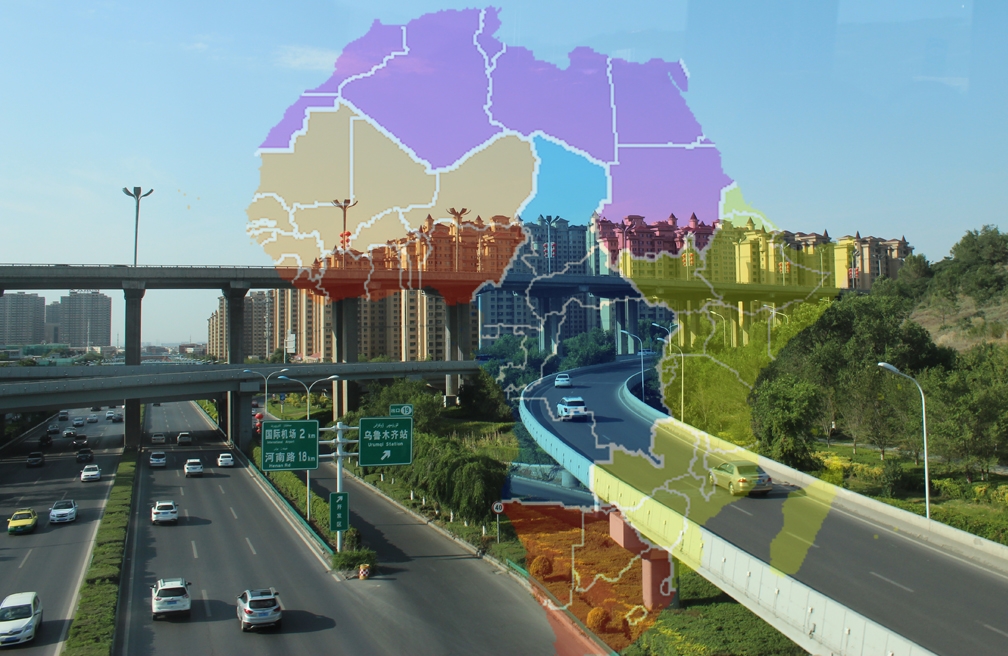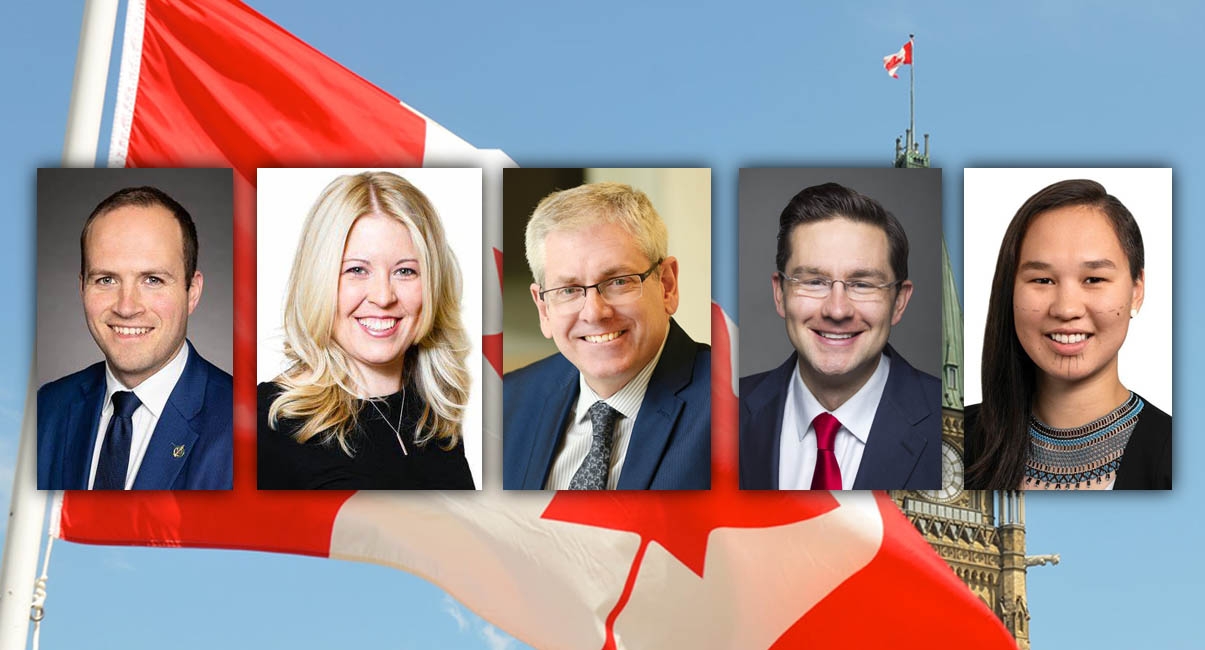
The five best MPs in the 43rd Canadian Parliament
On election night in 2019, Justin Trudeau’s Liberals got 156 seats—14 short of the 170 needed for a majority in the 338-seat House of Commons. Canadian voters had decided that Justin Trudeau did not deserve a majority and that the Tories did not deserve to win. The total vote numbers told the real story and showed that ‘progressive voters’ — Liberal, Green, NDP and BQ — pulled in 11,303,660 votes compared to the Conservatives total of 6,155,662 votes and 292,808 for the right wing PPC.
Despite being reduced to a minority, losing the popular vote to the Conservatives, and being completely wiped off the electoral map in Alberta and Saskatchewan, Trudeau remained Prime Minister because still had the support of an almost bankrupt NDP led by Jagmeet Singh and the NDP caucus in his pocket.
The 43rd Canadian Parliament was in session from December 5, 2019, to August 15, 2021. In February 2020, the Covid-19 calamity—the worst global crisis to impact the world since WW2—hit Canada. In response the federal and provincial governments initiated emergency policies that put much of the country in lockdown. Over the next 18 months there would be two more lockdowns to blunt the spread of the virus combined.The Trudeau minority government responded to the crisis in a spendthrift manner that has left Canada with an almost trillion-dollar debt. The Canada Emergency Response Benefit (CERB) was a needed and well-intentioned government response to Covid to support employed and self-employed Canadians who were directly affected by the pandemic. Eligible recipients received $2,000 for a four-week period. In a breathtakingly incredible boondoggle, CERB payments were paid to hundreds of thousands of people who did not qualify.
Another key part of the government response to Covid-19 was to order millions of doses of vaccines from multiple companies and double vaccinate all Canadians.
By the summer of 2021 the Trudeau minority government supported by Jagmeet Singh and the NDP had spent more money on one session than all Canadian governments combined since Confederation.
Prior to Covid-19 Canada had a deficit of $39.4 billion; relatively small in the context of a G-7 economy, but troubling given that Canada was nearly a decade into economic expansion following the 2008-09 financial crisis. (When Justin Trudeau’s Liberals were elected in 2015, the Harper government had left them with a balanced federal budget). The 2020 pre-Covid deficit of $39.4 billion after Trudeau’s first four years in office has since multiplied tenfold to $381.6 billion while the accumulated federal debt has risen from $721.4 billion to more than $1.1 trillion. This does not include the additional $78 billion in stimulus that the Liberals have promised to spend if re-elected.
More worrisome is that Justin Trudeau seems completely unconcerned, or worse, clued out about the potential ramifications of Canada’s massive debt. In August, Trudeau glibly responded to reporters' questions about monetary policy by saying, “When I think about the biggest, most important economic policy this government, if re-elected, would move forward, you’ll forgive me if I don’t think about monetary policy. You’ll understand that I think about families,” seemingly unaware that monetary policy involves setting inflation targets and higher inflation lowers families’ purchasing power. Lower purchasing power means less money for rent, mortgages, food, gas, clothing and other necessities for families.
Historians will one day study the money bills and spending by the 43rd Canadian Parliament’s minority government to assess whether or not they were an appropriate response to the pandemic or an orgy of spending by a careless government with little or no fiscal discipline. As the session ended Canadians were facing inflationary costs across the board for rent, food, and utilities. Affordable housing or even buying a new home became out of reach for millions of Canadians. Inflation hit 3.7 per cent in July, one of its highest readings in 20 years; also, the fifth straight month the rate exceeded the Bank’s 1 per cent to 3 per cent mandate.
This combined with a 30 per-cent-plus increase in the price of fuel in just 18 months has left Canadians stressed and strapped. Gas price increases are directly related to the Trudeau carbon tax imposed by the Liberal government in the past year. As Joe Oliver, Canada’s former minister of natural resources and minister of finance (2011-2015) said last week in an op-ed, “Liberal policies have inflicted enormous damage on the energy industry, including $150 billion of cancelled projects and hundreds of billions more in opportunity costs. The government’s intent to “transition” our vast natural resources out of existence would further devastate the economy. From 2000 to 2018, the oil and gas sector averaged a $26-billion annual gross revenue contribution to the three levels of government, or $493 billion in total, and last year it contributed $105 billion to GDP. It is a fantasy that these revenues and the economic output and energy the sector supplies could be replaced by green alternatives any time soon. The tragedy is that the damage achieves no meaningful environmental purpose. Producing just 1.6 per cent of global emissions, Canada cannot measurably affect climate change. And the global effort to limit temperature increase to 1.5 degrees is hopeless without the full cooperation of the biggest polluters, including China, India, and other developing countries, who, despite both their rhetoric and our showy efforts to serve as a good eco-example, are moving in precisely the opposite direction”.
Oliver went on to state that, “no other nation with vast energy resources is pursuing Canada’s lunatic policy of self-harm to jobs, growth, living standards, government revenue and energy independence. That includes the U.S., the world’s largest producer of oil and gas, whose president, after cancelling Keystone XL, has been reduced to begging OPEC to increase production”.
Despite this and with Canada still struggling with Covid-19 as the fourth wave, the Delta variant, began to wreak havoc across the country Justin Trudeau pulled the plug and went to the new Governor General to force an election in the middle of the pandemic. (The previous Governor General, Julie Payette who was Trudeau’s personal choice despite warnings that she was not suitable for the job had quit in disgrace months earlier for her tyrannical and oppressive behaviour towards staff).
Trudeau’s reasoning for an election seemed self serving—a cynical move to try to increase Liberal seats in the House and get him back to majority government. However, with the NDP in his hip pocket there was no clear reason to call an election. Jagmeet Singh and the NDP said they would continue to support the government and had even supported the Liberals when a vote was cast in 2020 to condemn them over the WE Charity scandal when the Trudeau government gave an untendered contract worth $900 million to the WE Charity. The charity, run by the very woke and all too schmaltzy Kielburger brothers, had previously paid Trudeau’s mother, brother, and spouse over $600,000 in speaking fees and ‘expenses’ for attending their infomercial-style rallies in cities across the country.
During all of these Parliamentary and political shenanigans, the Conservative Party of Canada managed to elect a new leader, Erin O’Toole. The Green Party self-imploded over racist and anti-sematic attacks against their leader Anamie Paul, while the Bloc Quebecois managed to maintain their popularity and support in Quebec despite the pandemic.
There will always be rancour and drama between the parties in Parliament. However, the real measure of the institution comes when one measures the effectiveness and work of individual MPs in each session. Despite the many challenges faced by the government and the Opposition in the ‘Covid-19 session of Parliament’ there are some definite star MPs who deserve to be singled out for their excellent work and commitment to public service.
The Five Best MPs in the 43rd Canadian Parliament
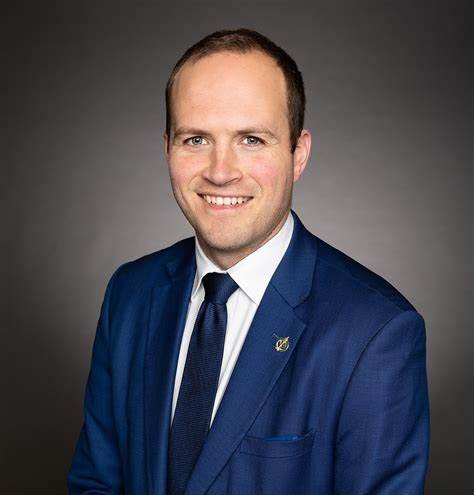
The Outlier—Nathaniel Erskine-Smith, Liberal MP, Beaches-East York
Nathaniel Erskine-Smith has been the MP for the riding of Beaches-East York since 2015. A lawyer by profession Erskine-Smith sits on the Standing Committee on Industry, Science and Technology and has an executive role on the committee of the Canadian Group of the Inter-Parliamentary Union (IPU) as a past president. Erskine-Smith’s smarts and competency have only served to further contrast the many unqualified people in Trudeau’s cabinet. Most astute political observers have wondered why this guy hasn’t been in cabinet since day one. Despite this, Erskine-Smith has been a voice of reason and civility and smarts in a government that sorely lacks all three. He has voted against government bills on principle on multiple occasions, backs the decriminalization of all drugs, has advocated for strong animal protection legislation and is the MP who came up with the idea and process to implement a new, one-time tax on Canada’s wealthiest families that the Parliamentary watchdog believes could generate $60 billion in additional revenue to the federal government’s bottom line. Erskine-Smith is respected in caucus and by his Opposition colleagues and remains very popular in his riding in Toronto and nationally within the Liberal Party. Not having Erskine-Smith on the cabinet is the political equivalent of Team Canada benching Wayne Gretzky for the shootout at the 1998 Olympics. How do you expect to win the game if you keep your best player on the bench? Regardless of what happens in this election, Erskine-Smith still has lots of open ice and goals to score for Team Canada in the future.

The Spirit of the West—Michelle Rempel-Garner, Conservative MP, Calgary-Nose Hill
Michelle Rempel-Garner has been one of the most effective MPs in Parliament since she was first elected as MP for Calgary-Nose Hill in 2011. She was Minister of State for Western Economic Diversification, Parliamentary Secretary to the Minister of Environment during the Harper years and has served as a critic for Health, Industry and Economic Development, and Immigration, refugees, and citizenship in Opposition. She is vice-chair of the House of Commons Standing Committee on Citizenship and Immigration. Rempel-Garner is the reality check and the cold bucket of water splashed on the hypocrisy of the woke culture in the Trudeau government. She has called out Prime Minister Trudeau for his double standard on ethics and behaviour so many times that it is hard to keep count. And, she is fearless when it comes to holding cabinet ministers like Harjit Sajjan and others to account for suppressing information and lacking transparency. Rempel-Garner’s agility to reduce complex economic and political issues into simple prose has won her a huge social media following where she regularly posts popular videos about Parliament, legislation, and political controversies. Another strength is her ability to relate to everyday folks whether she is talking about the price increases she sees when grocery shopping or when paying bills. By far one of the best debaters in the House of Commons, Michelle Rempel-Garner remains an unapologetic advocate for Western Canadian interests within the confederation. Her tenacity and authenticity have made her a true Western Star in Canada’s Parliament.
The Soul of the House—Charlie Angus, NDP MP, Timmins-James Bay
Charles Angus is a Canadian author, journalist, broadcaster, musician, and politician. A member of the New Democratic Party, Angus has been the federal Member of Parliament for the riding of Timmins—James Bay since winning the 2004 election. Charlie Angus is what any MP should aspire to be—decent, hardworking, intelligent, reasonable, and concerned about those who are suffering while keeping an eye on ways to improve things for everyone. For 17 years, Angus has done Herculean work in bringing a focus in Parliament towards underrepresented and marginalized populations in Canada, especially Indigenous people, and children. As vice-chair of the Standing Committee on Access to Information, Privacy and Ethics he has worked doggedly to combat the Trudeau government obsession with secrecy. As NDP critic for Indigenous and Northern affairs he has been a passionate voice in Parliament for justice and economic participation for Indigenous people in Canada. Angus is by far the most effective Opposition MP in the NDP caucus. He was key in holding the Trudeau government to account over the WE scandal and unlike many Opposition MPs he is always balanced and fair in his questioning of Ministers. However, he is no fool and his questions are always serious,well researched and on point. Charlie Angus remains one of Canada's best MPs. It would be incredible to see what he would do if he was a Minister . . . or a Prime Minister.
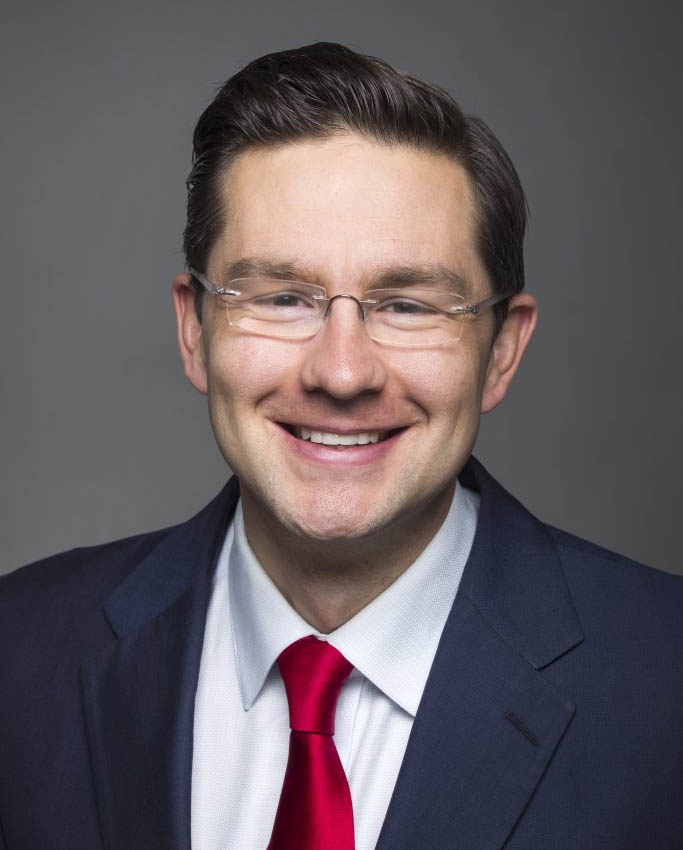
The Disruptor—Pierre Poilievre, Conservative MP, Carleton
Pierre Poilievre is a six-term fluently bilingual Member of Parliament and was one of the most effective Opposition MPs in the House of Commons in the 43rd Parliament, or any Parliament. First elected at the age of 25 in 2004, Poilievre is now one of the longest serving MPs and he is only 42. He was mentored early on serving as Parliamentary Secretary to former Prime Minister Stephen Harper. He later earned his spurs as a very capable Minister of Employment and Social Development and Minister of Democratic Reform (and Minister responsible for the National Capital Commission) in the Harper government.
Highly regarded in caucus, Poilievre is probably the most popular grass roots ‘Tory’ in Canada. He is a quick study with a self-deprecating sense of humour, dry wit and an expert on Parliamentary procedure. Surprisingly, he chose not to enter the Conservative leadership race which ended with Erin O’Toole becoming leader. However during the race, Poilievre became the de facto face and voice in Parliament for conservatives across Canada. It would not be an understatement to say he is disliked even despised by the Liberal front bench. Poilievre was a ‘tour de force’ in holding the Trudeau government to account in the 43rd session of Parliament, and his many interventions were one of the highlights of the sitting. He was the MP who outed Trudeau and the Liberals on the WE Charity scandal and financial boon doggery in multiple federal departments. He has crushed Prime Minister Justin Trudeau in just about every debate they have had in the Commons, at times making Trudeau look beyond ridiculous. Poilievre has been the canary in the coal mine about the troubling federal deficit and runaway spending. He continues to warn about the dangers of inflation and the government’s propensity for just printing money and going into mass debt as their core strategy to deal with Covid-19. He remains a strong and resilient spokesperson for Type-1 Diabetics and was the sole MP responsible for stopping the Canada Revenue Agency from penalizing Type-1 Diabetics by cutting their tax benefits for their life saving medicine. He continues to advocate for fair tax credits for people struggling with disabilities and mental conditions and has helped ease the process for visitor visas to allow families to be together after leaving their countries.

A Modern Day Sedna—Mumilaaq Qaqqaq, NDP MP, Nunavut
Mumilaaq Qaqqaq is a bright and bold voice in the House of Commons, and it is very sad that she has decided to not run for re-election in 2021. Elected for the NDP in 2019 to represent the riding of Nunavut she struggled with Parliamentary life in Ottawa, as many do. However, she never lost her compass on her values or determination to make a difference. Qaqqaq served as a member of the subcommittee on Indigenous and Northern Affairs, Committee of Indigenous and Northern Affairs, Committee of the Covid-19 pandemic, the Canada-Europe Parliamentary Association, and the Canadian Delegation to the Organization for Security and Co-operation in the Europe Parliamentary Assembly. She sponsored bill C-309 to amend the Canada Elections Act with additions to its relations with Indigenous languages and has been a powerful voice in Ottawa to highlight the unique and difficult struggles Inuit people face for housing, food pricing, transportation, and healthcare. Through example, she has shown the many biases of the Parliamentary system. Her press conference with Charlie Angus on the residential school system was one of the highlights of the past session and was really the first time she came to national attention as an Inuk woman in Canadian politics. She is a northern star and a bright shining light and Parliament is diminished with her decision not to run again. We wish her well and hope for her return.
Coming soon- ‘The Worst MPs in the 43rd Parliament’ and ‘The Best and Worst Ministers in the 43rd Parliament’
Background header image: Jason Hafso


